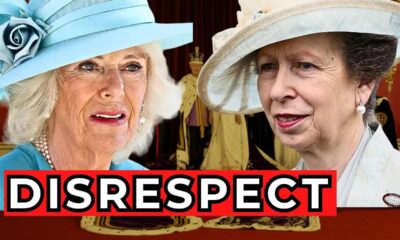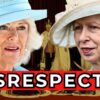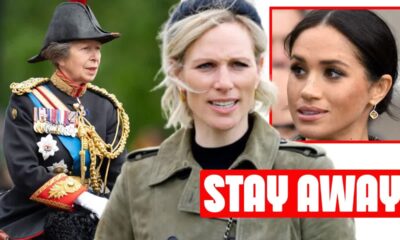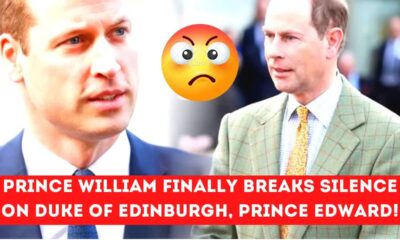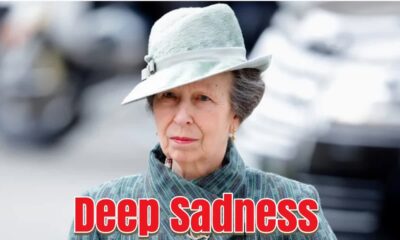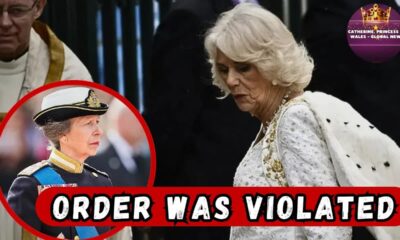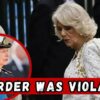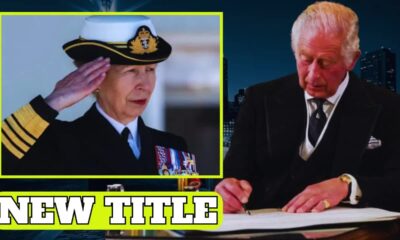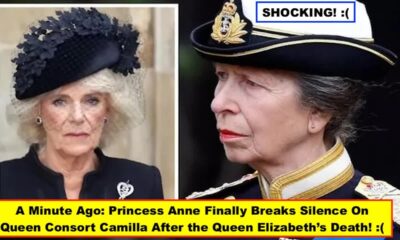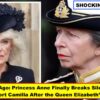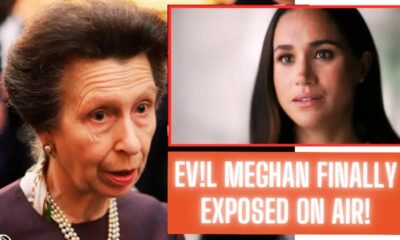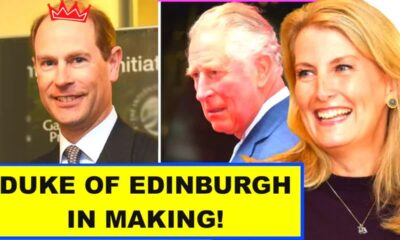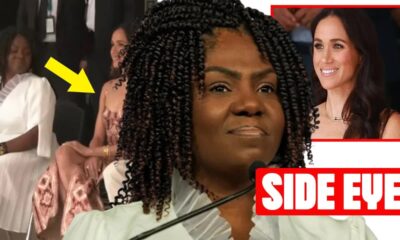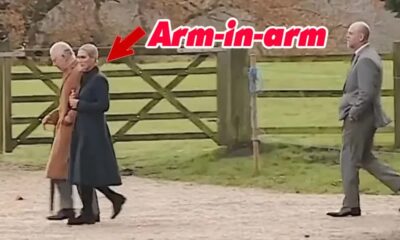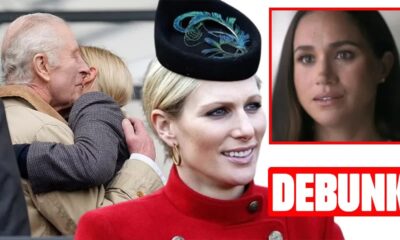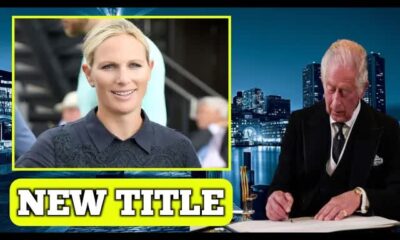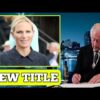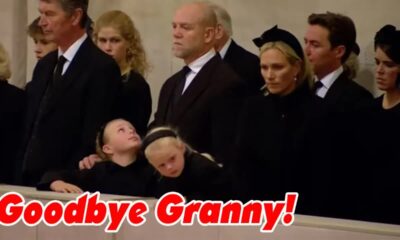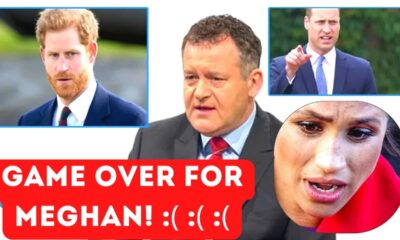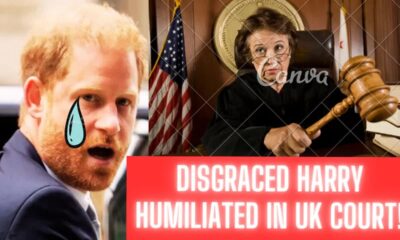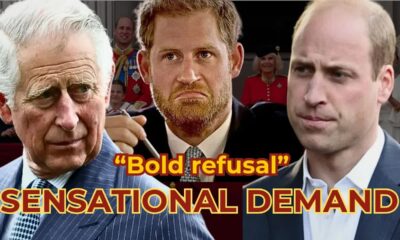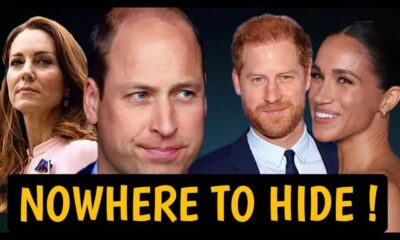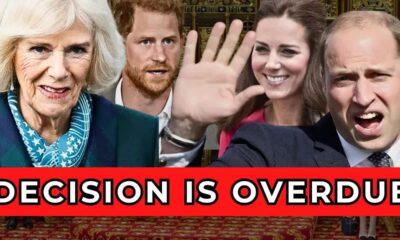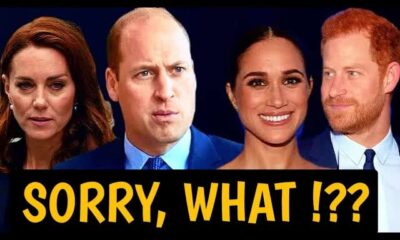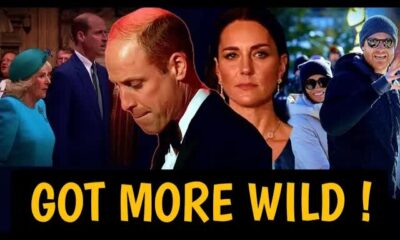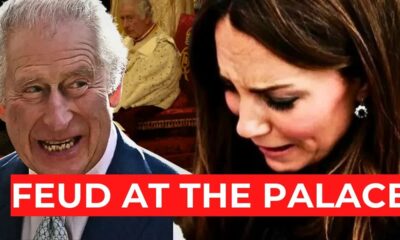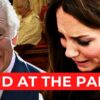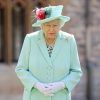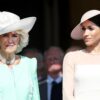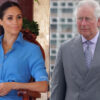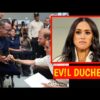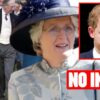All round
Royal Restructuring: Princess Anne and Prince Edward Eye Councillor Roles
In a significant development concerning the British monarchy, discussions are underway about expanding the pool of Councillors of State.
This comes as both Princess Anne and Prince Edward emerge as strong candidates for these vital roles.
While they currently serve as working royals, their positions in the line of succession have kept them from holding these responsibilities.
However, constitutional experts argue that it’s time for a change.
Reports indicate that senior palace officials and government ministers are finalizing legislation aimed at increasing the number of individuals who can assume certain constitutional duties on behalf of King Charles III.
Trending:
- Meghan Markle Steals the Spotlight Again: A Royal Engagement Gone Awry
- “Harry and Meghan’s Tense Moment: A Marriage Under Scrutiny”
- Tension Unveiled: Frances Marquez’s Discontent with Meghan Markle in Colombia
- Elton John’s Scathing Remarks Leave Meghan Markle in Tears at Music Awards
- Meghan Markle’s On-Set Outburst: A Diva in Disguise?
This is particularly important should he be away or incapacitated.
The current lineup of potential Councillors includes Princess Beatrice, followed closely by her sister, Princess Eugenie, and then Edward and Anne, who rank 13th and 16th in the line of succession, respectively.
Recent scrutiny has been directed toward the idea of appointing Beatrice, who has yet to engage in public duties, as well as Prince Andrew and Prince Harry, both of whom have stepped back from royal responsibilities.
Experts are advocating for a legislative amendment to ensure that only those actively engaged in royal duties can represent the monarch during his absence.
Dr. Craig Prescott, a constitutional scholar, highlighted the urgency of this issue, especially with King Charles planning international travels.
According to the Regency Act of 1937, two Councillors of State are required, and Prince William cannot fulfill this role alone.
The proposed solution would see Edward and Anne stepping in, given their active involvement in royal duties, including conducting investitures.
The Daily Mail has suggested that instead of replacing non-working royals currently in these roles, the number of Councillors should be expanded to include full-time working members of the royal family.
This approach would align with the need for a more functional representation of the monarchy during critical times.
Legislative changes are the only way to amend the Regency Acts of 1937 and 1953, which currently dictate the composition of Councillors.
The existing law includes the monarch’s spouse, Queen Camilla, along with Prince William, Prince Andrew, Prince Harry, and Princess Beatrice, all of whom must be over 21.
The urgency of addressing this matter has grown since King Charles ascended to the throne, with plans to travel abroad—something the late Queen Elizabeth II had curtailed in her later years.
Historical precedents exist, such as the Regency Act of 1953, which designated Queen Elizabeth, the Queen Mother, as a Councillor of State for life, a status she lost upon King George VI’s death.
If approved, appointing Edward and Anne could add flexibility to royal duties, allowing Prince William to travel concurrently with the King.
However, any changes must receive parliamentary approval, placing the decision firmly in the hands of lawmakers.
Rumors have circulated that King Charles is keen on revising the rules governing representation while he is unavailable.
This sentiment was echoed in the House of Lords, where Viscount Stangate raised questions about the government’s intentions regarding the Regency Act.
He emphasized the relevance of the Act, particularly in light of the Duke of York and the Duke of Sussex’s current statuses.
Lord True, responding on behalf of the government, refrained from disclosing any private discussions with the King or the royal household.
He referenced King George VI’s call for contingency planning to ensure the continuity of royal authority, underscoring the government’s commitment to maintaining robust constitutional structures.
As the debate unfolds, many are left wondering how these potential changes will shape the future of the monarchy.
The dialogue surrounding the Councillors of State is not just about titles but reflects a broader conversation about the monarchy’s adaptability in modern governance.
The next steps will be closely watched as the royal family navigates this pivotal moment.



